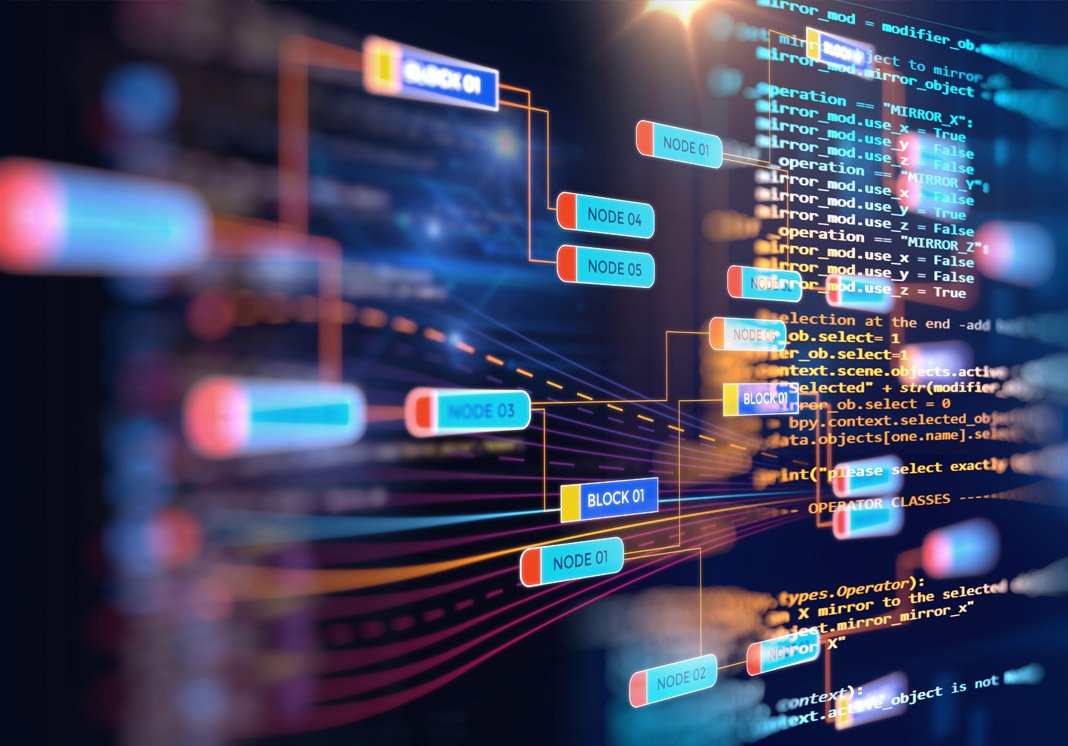
The Biases Within
There is a quote in the documentary by Meredith Broussard, the author of Artificial Unintelligence, that encapsulates the reason for algorithmic biases: "The machine is simply replicating the world as it exists, and they're not making decisions that are ethical. They're only making decisions that are mathematical."

Living to Live: The Cost of Virtual life
In school today I often find myself offering to meet over Zoom versus making the trek to the library to meet with peers to work on projects. While I make this decision solely based on a matter of efficiency as it saves time to meet online versus spending thirty minutes walking to and fro the library, will this decision effect how I feel about human interaction in the future?
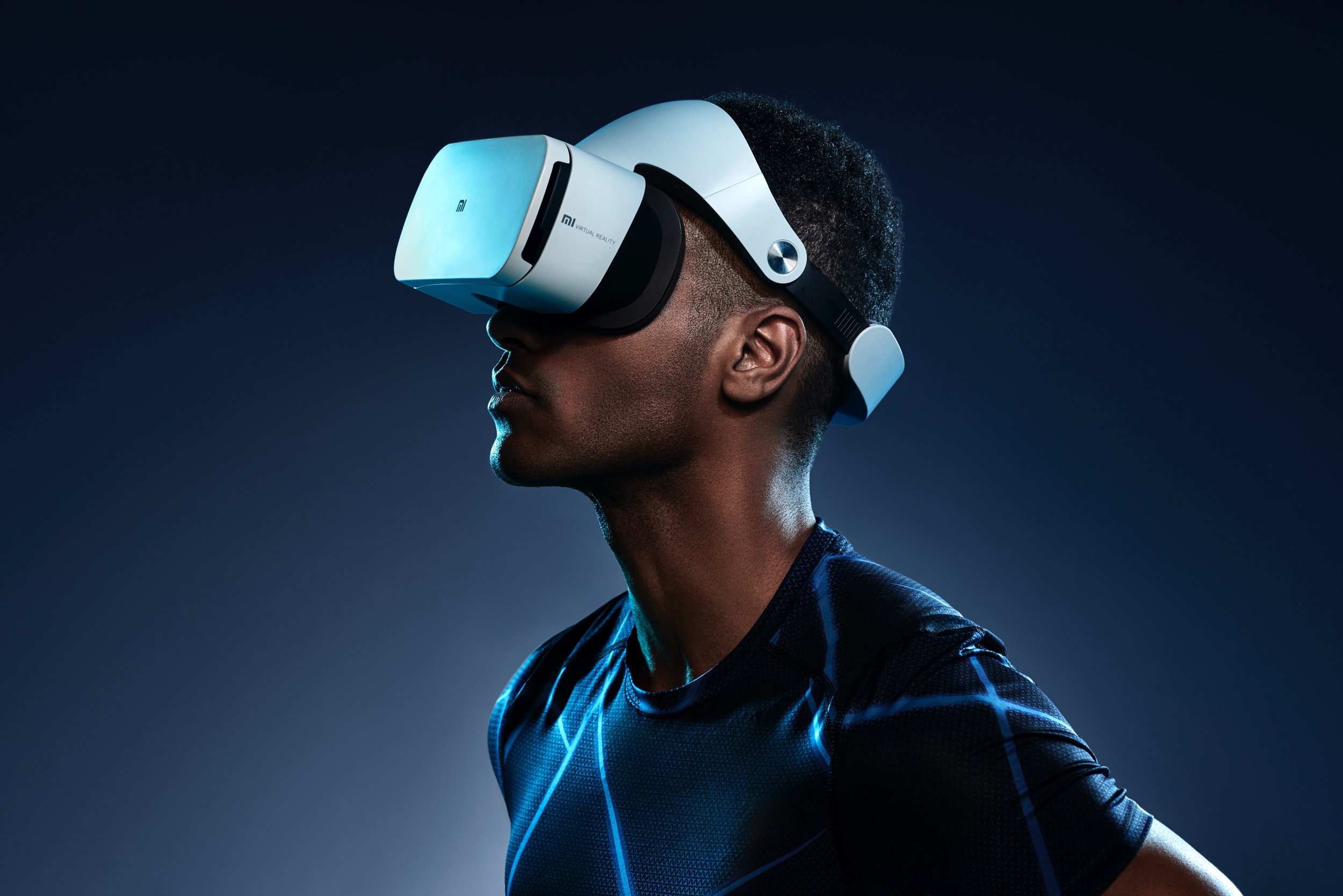
With Great Tech Comes Great Responsibility
Are humans really able to use the technologies they create in ethical ways when there is always a temptation to do the opposite? Even the most advanced and useful technologies are essentially useless if we choose to use them irresponsibly.
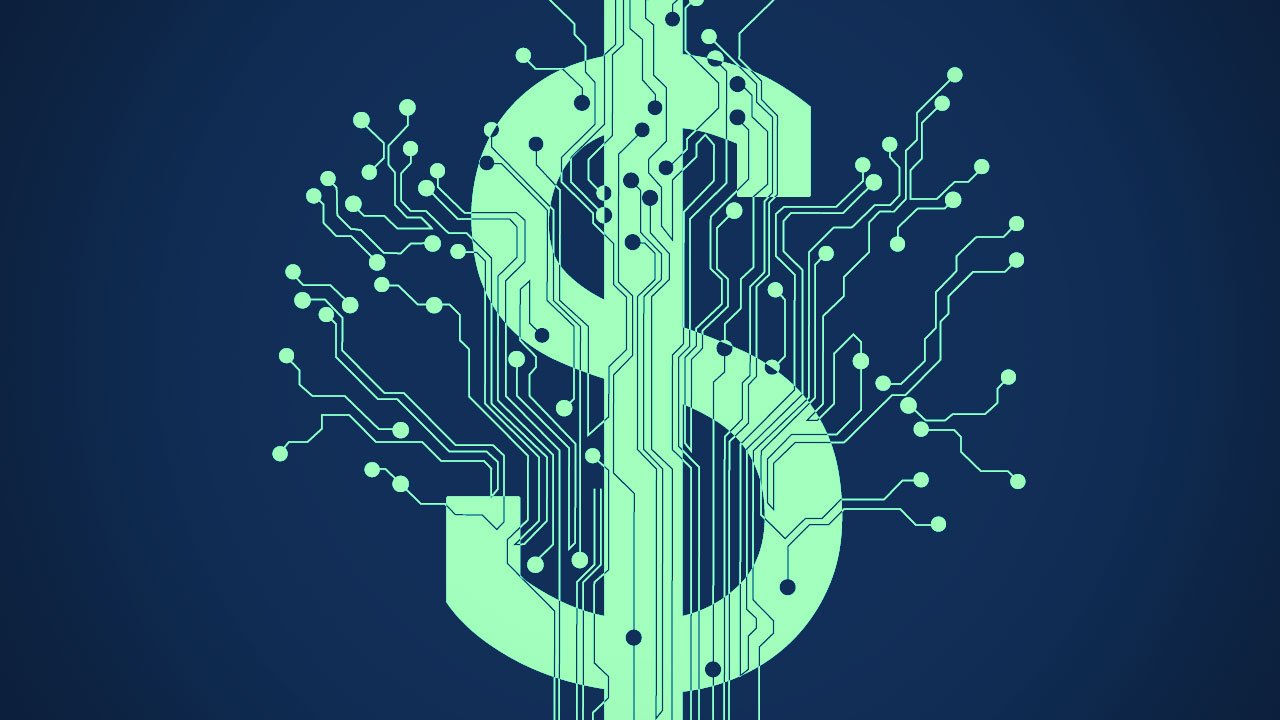
Financial Pressures: Overlooking for Profit
This mismatch of financial and ethical concerns can be viewed as a warning for our modern society. Financial pressures blinding us to the ethical implications of our business practices is an ancient tradition in human society. From slave merchants and plantation owners overlooking, or falsely justifying, the unethical nature of slavery to the oil companies downplaying or ignoring the inevitable outcomes of climate change, humans have a history of ignoring uncomfortable facts that might hurt their own self-interest.
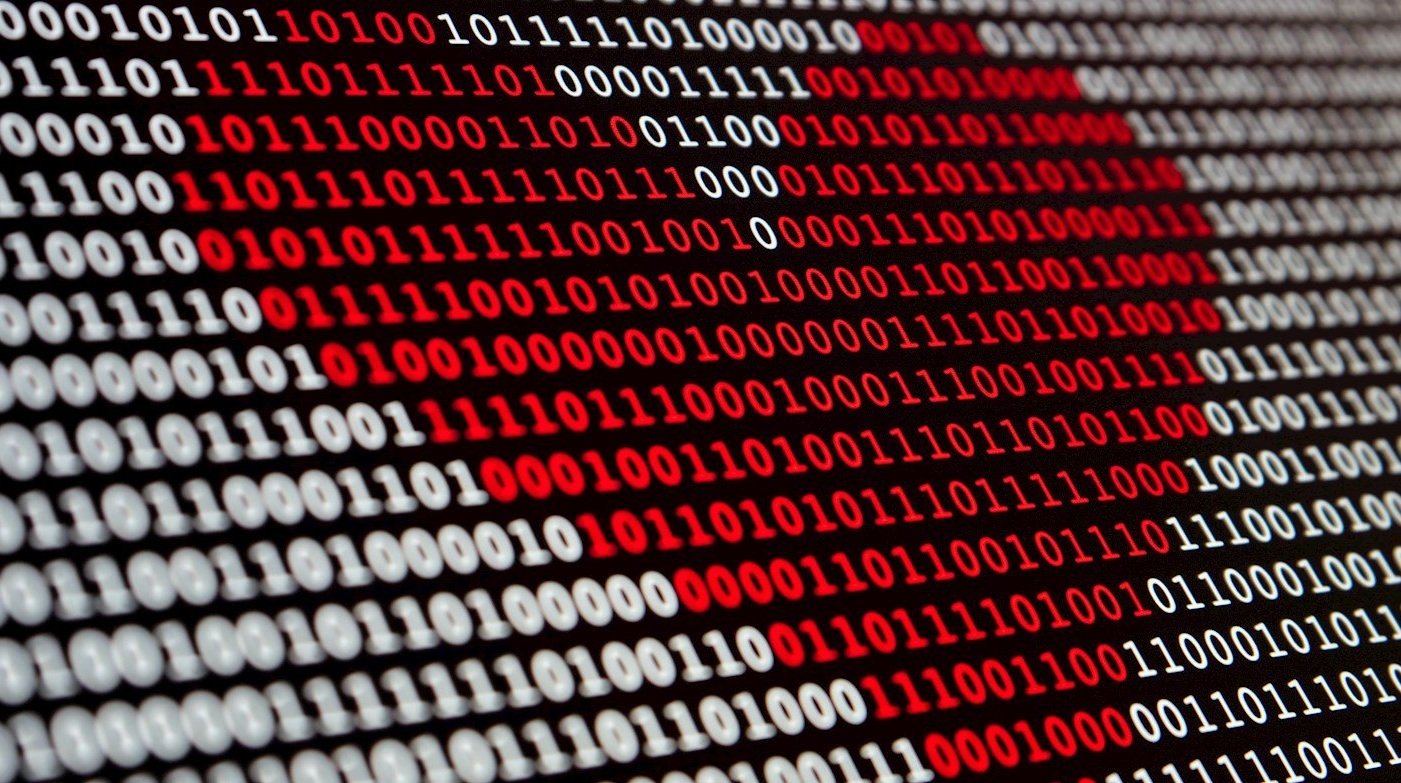
Liberal Arts and Tech: A Unique and Important Relationship
He pointed out that for the first time in history we are separating those who are informed about art and those who are informed about science. This cognitive separation is having tremendous negative consequences; the rapid development of technology without the perspective of an artist or humanist can be lethal.
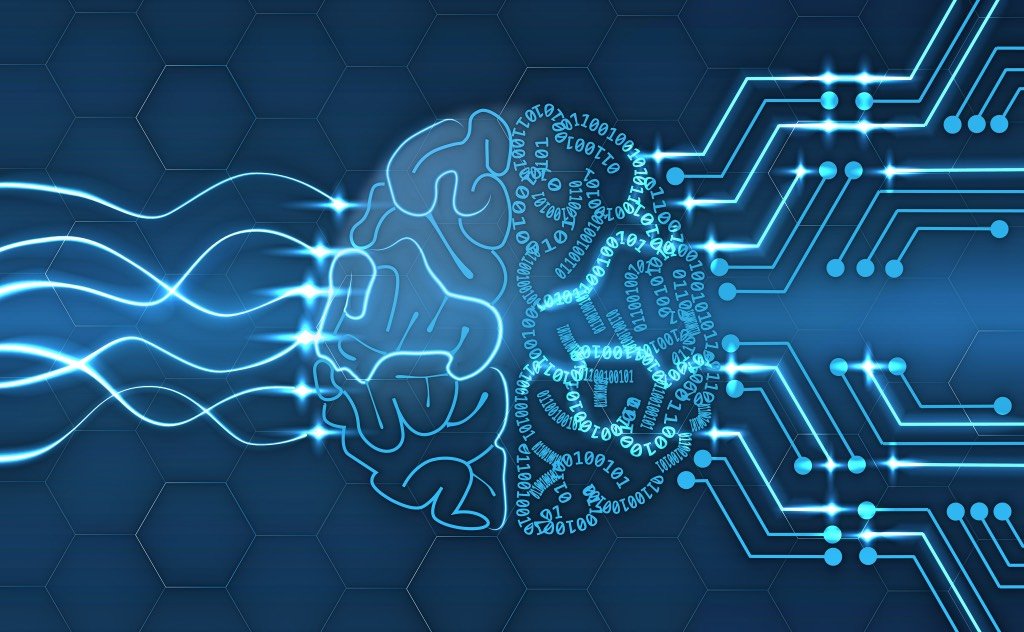
Ethical Tech: A Broad and Complicated Issue
This technology relates to another novel I read, called Feed, in which it explores a similar technological advance that allows for a constant feed of information and propaganda to be inputted directly into one's brain. It cannot be turned off and it creates a society of little intelligence and very little individual thought. The main characters are worried about little other than what is presented on their feeds. While technological advance is critical to improvements in society one must weigh the consequences as well, as these technological advances could have detrimental effects.
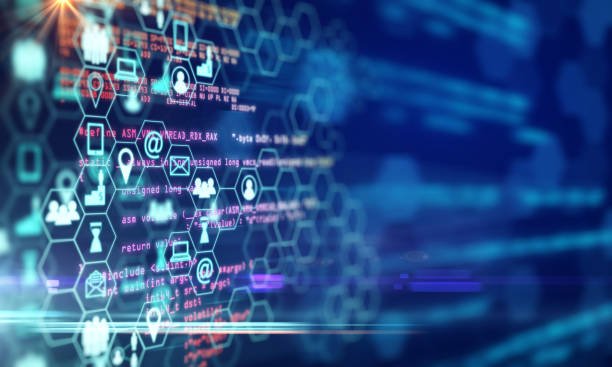
The Dialectic: A Solution to Habitual Media
The ability to receive up to date information instantly is shockingly simple and as a result, has become a habitual and nearly unconscious practice of daily life. This is dangerous because, as we have learned, social media algorithms cater to personal preferences and consequently emphasize our confirmation biases and deepen the polarization that exists in nearly every aspect of society. Hence, our ability to partake in rational debate has all but vanished.
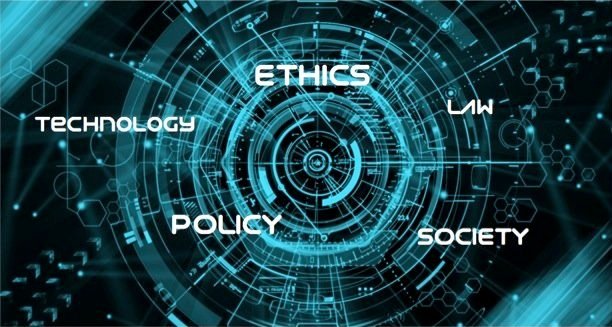
Ethical Tech: Acknowledgement Before Progress
The imperceptible issues that have risen since the emergence of digital technologies demonstrate the difficulty of detecting possible and unintended consequences that may cause harm to certain groups of people. Thus, the need for trained professionals that are sophisticated in the topic of legal issues, policies, and practices is important for promoting and ensuring human well-being.
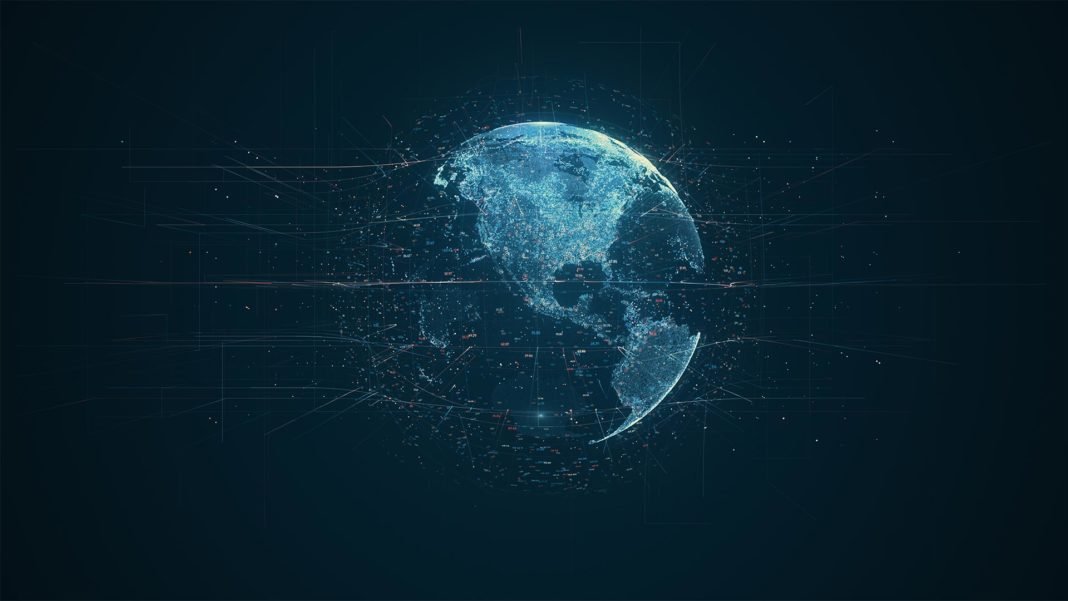
Humanism V. Dataism: An Ethical Quandary
Individual human choices, whether conscious or unconscious, are the most effective tools that we have to use when confronting history and shaping reality. There must be some way that we can utilize them to enter into a future that does not reject Humanism or Dataism for one over the other, but creates some subjunctive reality predicated on the conjunction of both.
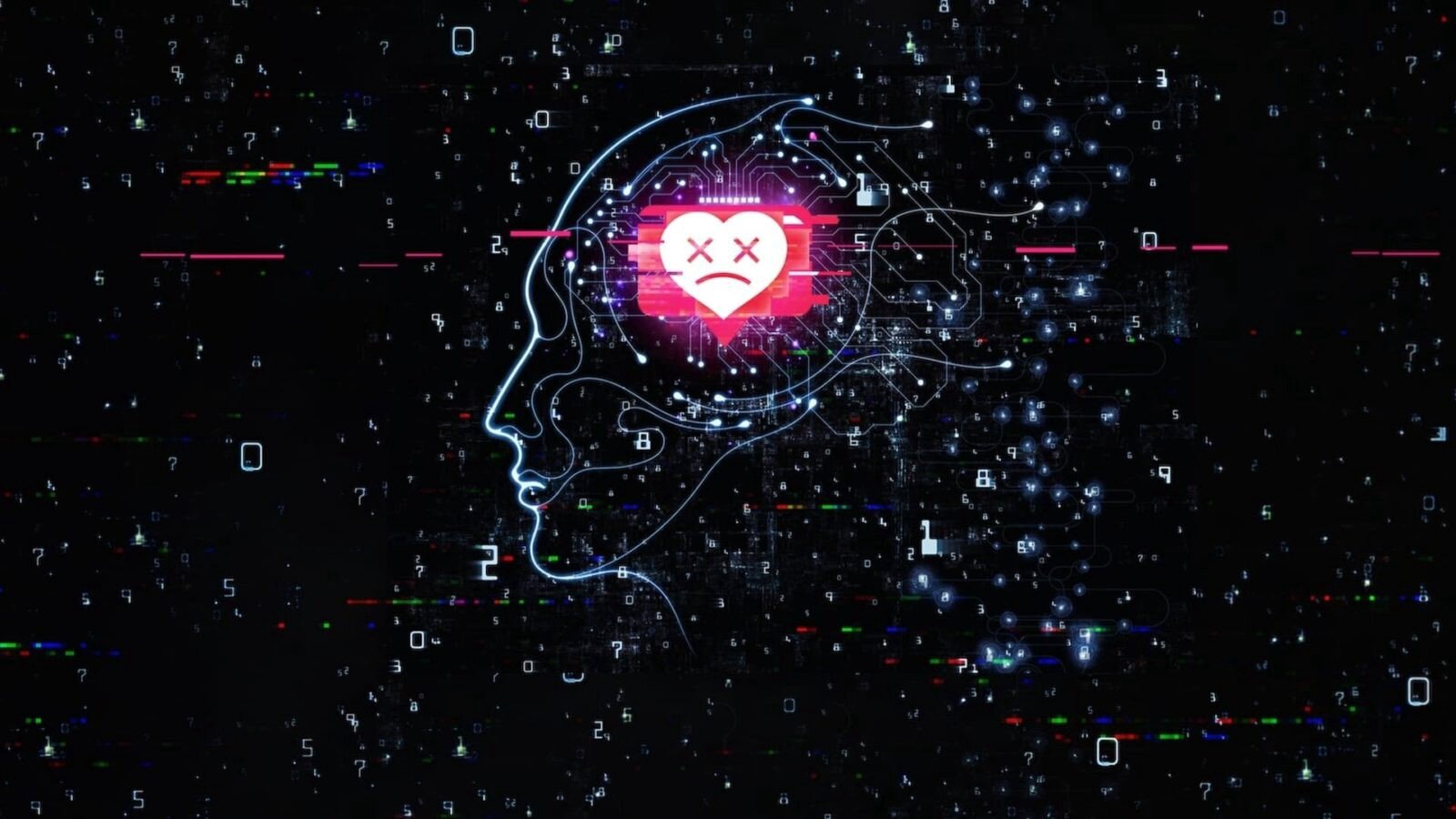
Digital Pacifier: A Social Species in a Digital World
Human connection is addicting to us because we are a social species, thousands of years of evolution has made relationships and social correspondence enticing. I thought the simile of social media being a digital pacifier was spot on. It's scary to be by yourself, falling asleep alone, waiting alone. And when do you find yourself power-scrolling social media apps? When you need a pacifier.
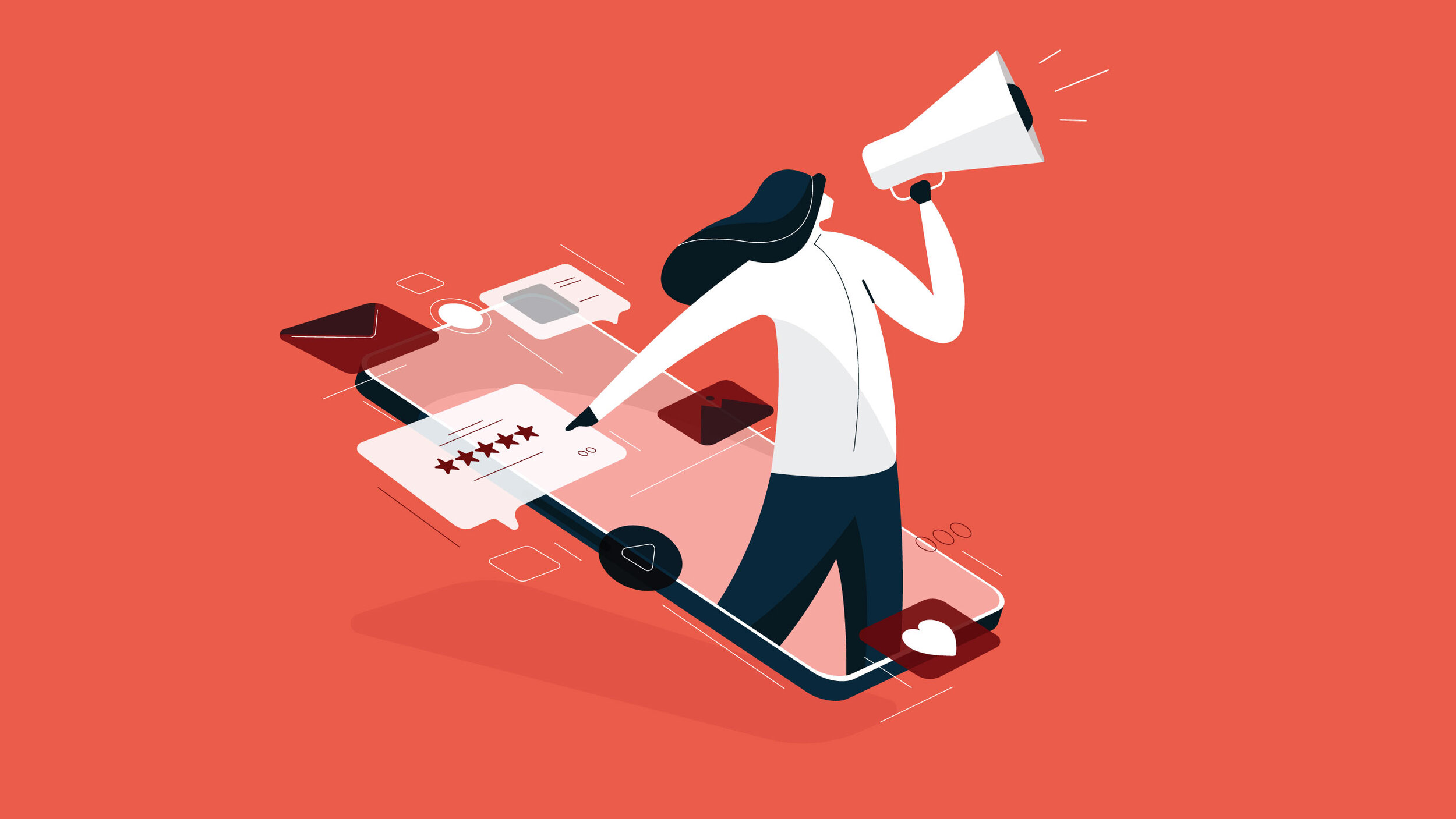
Your Private Information. Who Gets it?
I spent an adolescence and young adulthood growing through and with the emerging social media landscape, and I remember a time that these privacy options were nonexistent. Before the rise of Facebook, I created an embarrassingly bad geocities personal page full of personal information as well as links to all of my friends’ pages filled with their personal information.
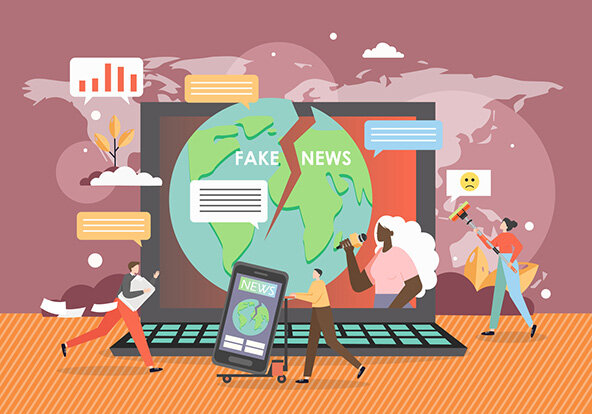
Misinformation: Can it Be Stopped?
This question led me to think about potential ways that these algorithms could be changed to be less hostile against us, and by the end of the documentary, I found myself wanting politicians, and not just a subset, but all of them, to work together with people knowledgeable in the field of technology to come up with a modern set of internet and social media laws. Laws that tried not to "patch issues", or lock down everything, but bring back some inspiration for technology to go back to something that has human interest at heart again.

An Argument for Ethical Technology
I started the quarter believing that ethical technology was not directly relevant to my major, but through this class, I began to consider the ways that technology has shaped the way I think about ethics.

The Urgency of Sustainability
I can’t help but feel as if we are headed in the same direction as the future portrayed in Wall-E with the rate at which we are using up our natural resources. We are not creating regenerative, sustainable systems and we are doing very little to help the environment regrow from the damage it has sustained by supporting human life.
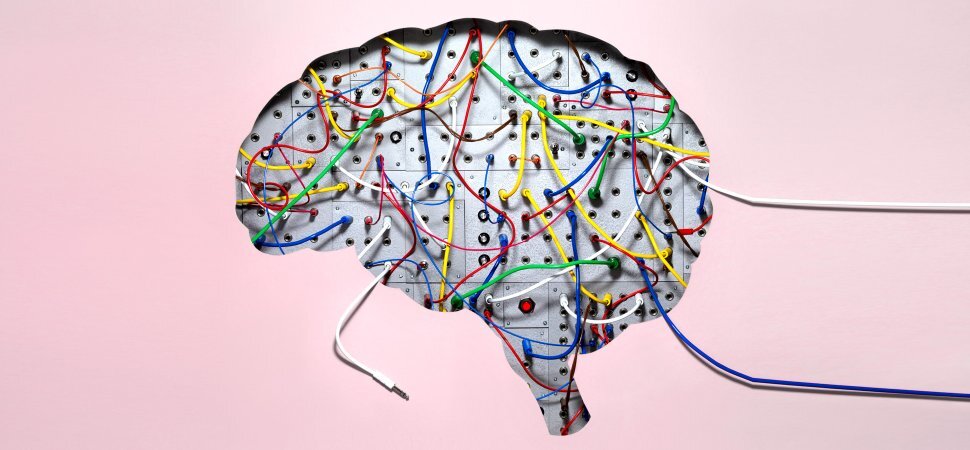
The Framework of Our Minds
We have the ability to come up with infinite metaphors or lessons to describe a single situation, and the framework we choose hugely influences the structure of the logical chain or arguments that we use.

Tricked into a Blissful Ignorance
As readers, we understand the truth of their situation, more than the characters themselves understand it.

Robot Rights
Although slaves possessed all self awareness, intelligence, and consciousness, they were still considered to be "lesser" than free men. Perhaps people believed that black slaves were less sentient than white people. This argument makes very little sense to me, but the argument clearly illustrates the unrelenting biases which free citizens held in their hearts during this time.

Consent is an Indispensable Human Right
Star Trek’s “Measure of a Man” argues that by not obtaining consent, you indirectly claim that person as your property.

What Humans Should Be
Are we wrong to say that malicious acts make us any less human? For thousands of years humanity has committed terrible acts.

The Substantiality Behind Free Will
Westworld makes us question the reality of our lives and what makes humans so different from the artificial intelligence within the virtual worlds created to fulfill humanity’s desires.